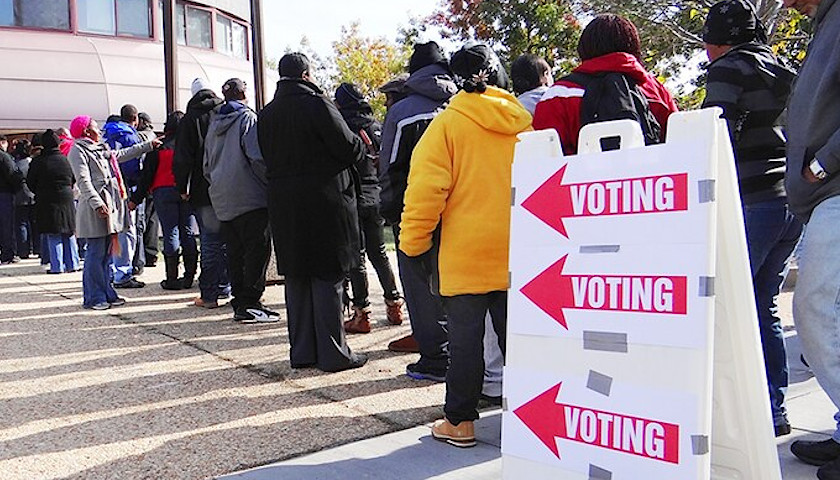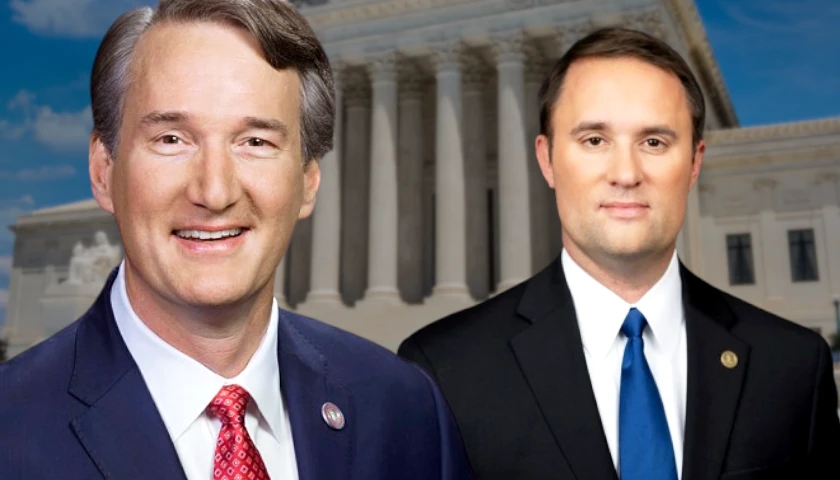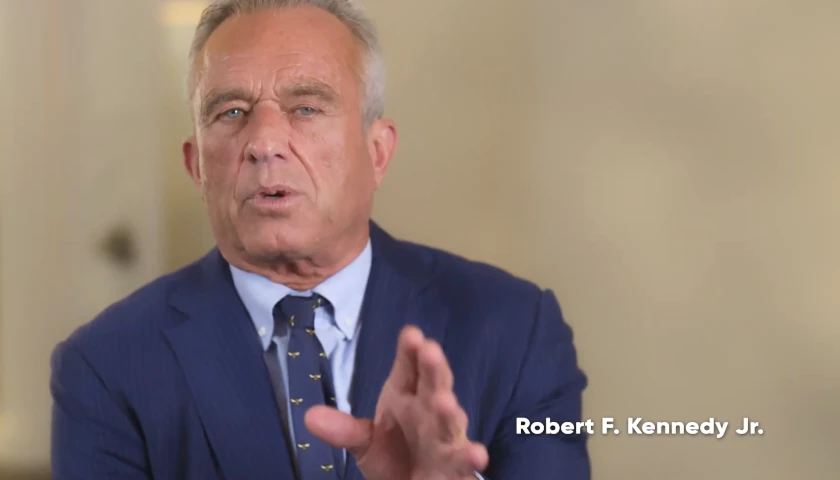by Phill Kline
The rule of law must be respected for liberty to be protected. Changing the rules to achieve a desired outcome undermines both, and when this is done in the administration of elections, democracy itself is imperiled.
Unfortunately, the left shows no compunction about wielding power for partisan advantage, especially when it comes to election administration. They’ve even gone so far as to create new rules to suit their purposes, regardless of whether they possess the authority to do so.
This goes far beyond well-known examples such as state election officials decreeing a right to use absentee ballot drop boxes or sending out absentee ballot applications to all registered voters without legislative approval. In some ways, the lesser-known instances are even more egregious – no doubt owing in no small measure to the fact that they receive significantly less public scrutiny.
Two particular examples – one from Wisconsin, the other from Pennsylvania – illustrate this double standard perfectly.
In Wisconsin, the cities of Madison, Milwaukee, Racine, Kenosha, and Green Bay conspired to solicit millions of dollars in grant money from the Center for Tech and Civic Life, a leftist organization that received $350 million from Facebook founder Mark Zuckerberg to privately fund election operations all over the country. The so-called “Wisconsin 5” agreed to abide by a long list of conditions designed to maximize turnout at the expense of ballot security, never bothering to run their “Safe Elections Plan” by the state legislature, which has constitutional authority to manage elections. Instead, they sought retroactive approval from the Wisconsin Elections Commission, which rubber-stamped their new election rules after being presented with a fait accompli. In other words, they asked forgiveness rather than permission, and made sure to consult the left-leaning WEC instead of the right-leaning state assembly when they did so.
The “Wisconsin 5” also invited outside activists from CTCL partner organizations such as the National Vote at Home Institute to help manage their elections, as The Amistad Project learned through exhaustive on-the-ground investigations. These activists assisted with micro-targeting specific demographics of voters to encourage turnout, offered their expertise in “curing” flawed mail-in ballots, and even helped to organize and run the central counting center in Green Bay.
The effort converted government election offices into partisan get-out-the-vote campaign centers to benefit a select candidate.
And all of this was done not only without the proper authorization, but also in defiance of objections from the city clerk of Green Bay, who is the one designated by state law to oversee elections.
The situation was very different in Fulton County, Pa. – a small, rural county that gave over 80% of its nearly 8,000 votes to Donald Trump in 2020. At the request of state lawmakers, Fulton County employed a third-party firm to conduct an audit of its electronic voting machines, which was completed in February and found no problems with the systems provided by Dominion Voting.
Several months later, in July, acting Secretary of the Commonwealth Veronica Degraffenreid issued “Directive 1 of 2021,” which prohibits counties from allowing third parties to examine voting machines and allows the secretary to revoke funding that would normally be available for the purchase of new voting equipment.
After unilaterally assuming this authority for herself, Degraffenreid retroactively applied the new rules to Fulton County, decertifying the county’s voting machines and refusing to release funds for the county to replace them.
The secretary’s actions are not premised on election integrity concerns nor are they designed to promote transparency, a key ingredient of any fair election. Rather, her directives appear to be part of a coordinated effort to prevent serious review of election procedures and systems by threatening financial or legal repercussions to those who raise questions.
Undermining democracy does not occur when people question a democracy’s performance. Democracy does fail, however, when those in authority use that power to prevent that authority from being questioned.
– – –
Phill Kline is the former Kansas attorney general. He currently serves as pulpit pastor of Amherst Baptist Church, a law school professor, and director of the Amistad Project of The Thomas More Society. He is a contributor to RealClearPolitics.









